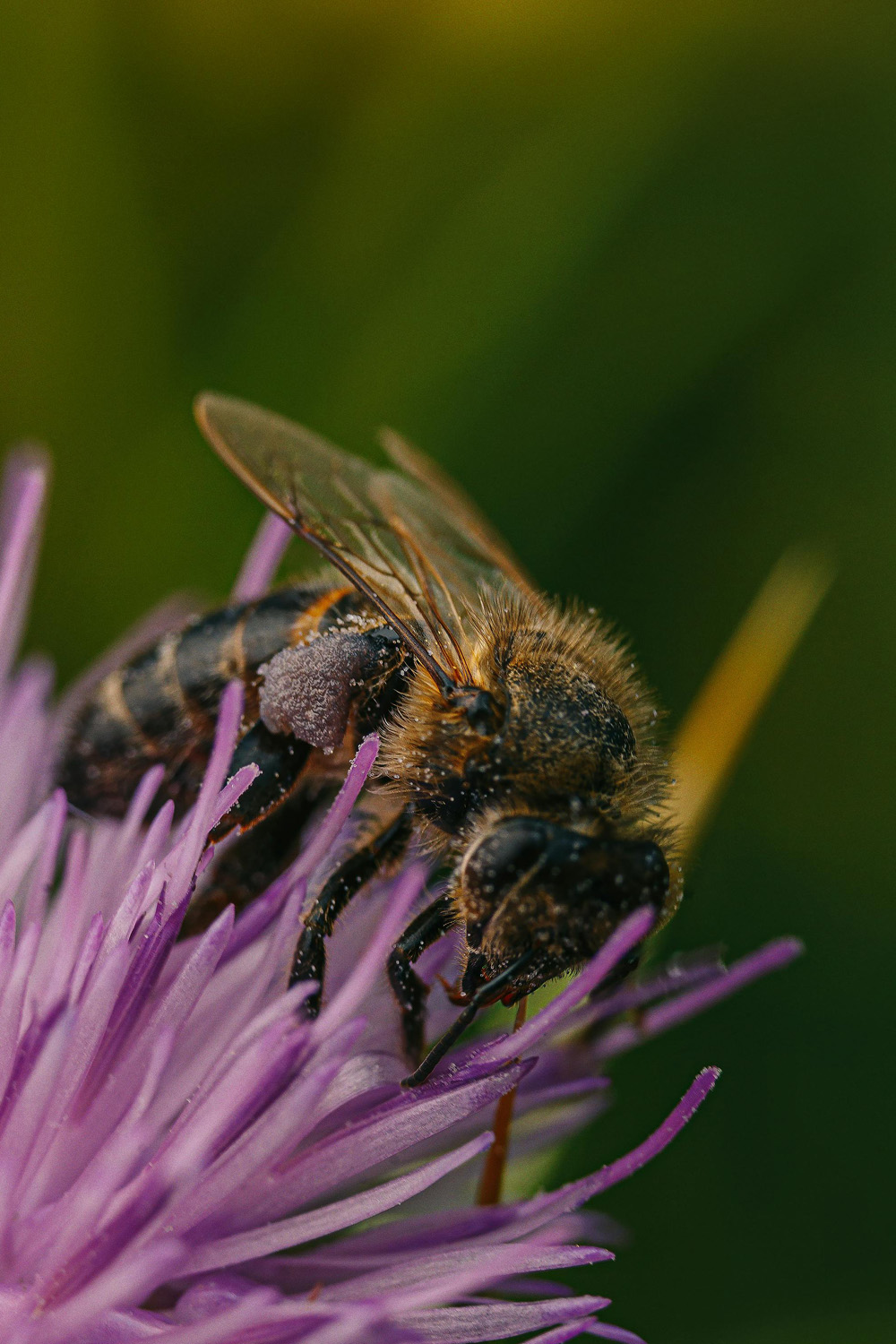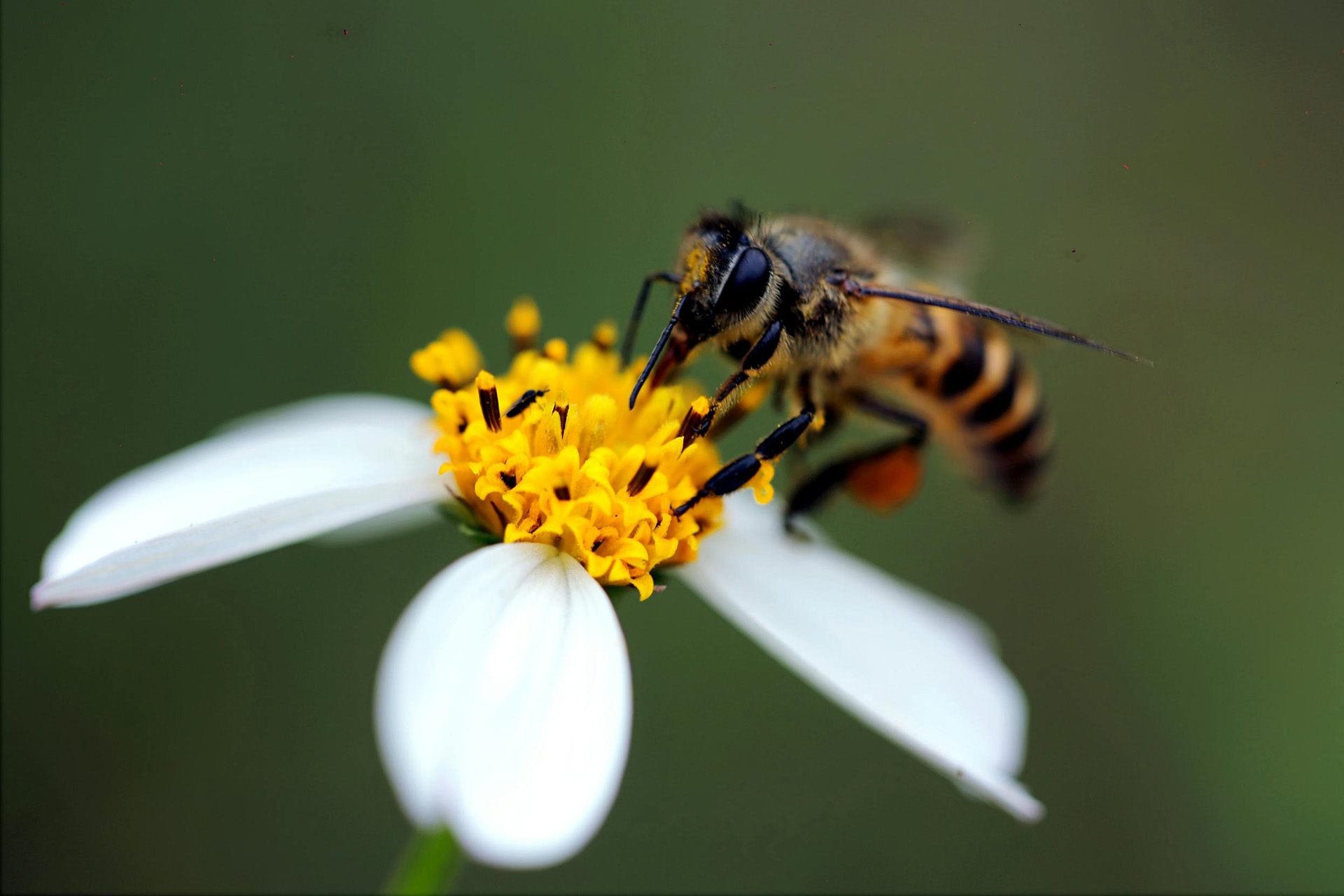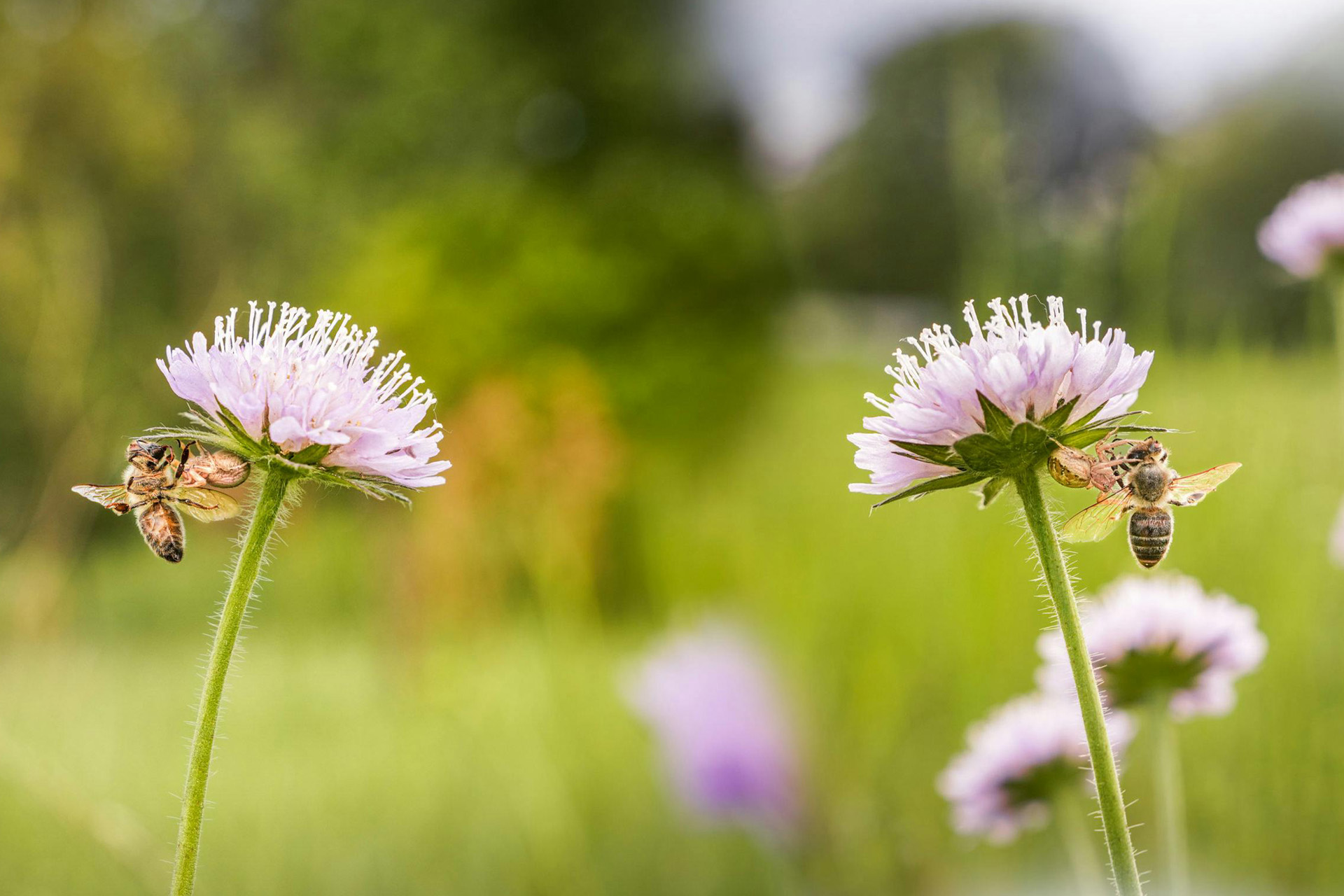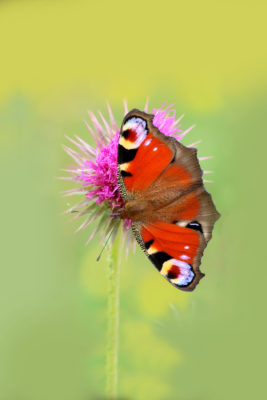
Where Have The Wasps Gone?
By
8 months ago
They seem to have buzzed off
Pesky wasps: it’s good to be rid of them and their antagonistic, buzzy behaviour. In fact, this year, there’s been an ‘unbelievable’ decline in the yellow and black striped bug – the lesser insect when compared to our beloved bees. Time to rejoice? Definitely not. While we tend to hate them – or perhaps, more accurately, fear them – wasps play a crucial role in the food chain. So where have they all got to? And what might happen if they don’t resurface?

Why Are British Wasps In Decline?
‘The numbers are so low it’s unbelievable,’ James Tennent, owner of EraserPest, told the BBC. In summer 2023, Tennent was called out to help people deal with between 60 and 80 wasp nests, with his company covering Essex, Suffolk and Cambridgeshire. In 2024, Tennent treated eight nests in June, and around 10 in July. ‘We had done a lot by this time last year and couldn’t cope with the amount of calls,’ Tennent said. ‘This year. there’s been some days where we’re waiting for the phone.’
Meanwhile, Hitchin Lavender Farm in Hertfordshire and Norfolk Lavender in Heacham also noticed a lack of wasps, which usually love buzzing around the fragrant purple flowers.
Why Are Wasps Important?
While we often think them useless pests, wasps are actually important pollinators. Though they don’t intentionally pollinate, wasps – of which there are around 7,000 species in the UK – fly from flower to flower to feed on sugary flower nectar, accidentally picking up and dropping off pollen along the way. While they’re not as substantial as bees in the business of pollination, their contribution is valuable.
‘A loss of wasps will impact us in a number of ways,’ says a spokesperson from Peterborough-based insect conservation charity Buglife. ‘Without wasps, our plants are more likely to be eaten by insect larvae otherwise controlled by wasps.’ This is because, while adult wasps feed on nectar, their young feed on other bugs, hunted and killed by their parents. Without this process, the world would be overrun with spiders, caterpillars, greenflies and more insects – a skin-crawling thought indeed.
There is, of course, a balance to be struck: too many wasps and there’s not enough caterpillars and insects for birds to feed on, leading to a decline in bird populations. Indeed, there are no social wasps native to New Zealand, so where they have been accidentally introduced, there has been a ‘huge ecosystem impact and the native birds have been declining’, according to the Natural History Museum.

Where Are All Of The Wasps?
There are a few reasons why fewer wasps are being spotted this year, the main being the wet weather. A wet winter led to much more mould growth than usual, meaning the survival rate of wasps was already in decline. Add to this a humid summer with even more flooding, and the consequences are catastrophic for wasps which usually create their nests in the now-waterlogged ground.
Likewise, even if wasps are alive and thriving, people are outside less to spot them or their nests building up. Tennent has said the nests he has been called to this year ‘are as big as basketballs, or bigger’.
Should We Be Worried?
‘Wasps are generally apex predators – so if they’re not doing well, it indicates that there is something wrong with the world,’ says Dr Gavin Broad, the Natural History Museum’s wasp expert. Worrying words – but, of course, we already know something is very wrong with the world, the climate crisis. Is the wasp another casualty?
It’s not totally clear whether 2024 will be a turning point in wasp population; only time will tell. However, it is true that insect populations have declined across the globe in 2024, especially in the UK. Another example is the butterfly, a species in severe decline across the UK due to habitat loss, pesticide use and, especially in 2024, climate change.
That said, Thomas Ings – associate professor in zoology at Anglia Ruskin University, Cambridge – confirms wasp populations fluctuate from year to year due to differing weather conditions, and 2024 likely won’t be the year the wasps went extinct. ‘It could be next year is a better year for wasps, depending on the weather conditions,’ he told the BBC.







